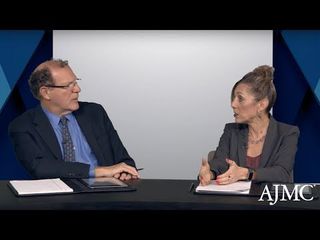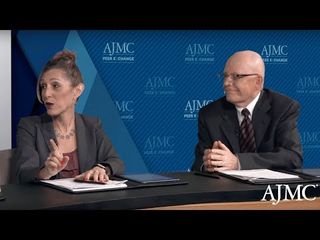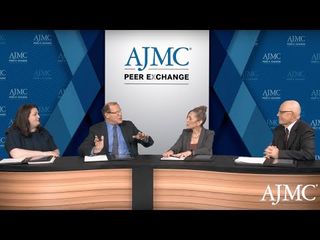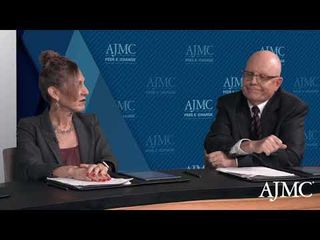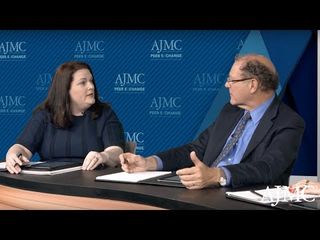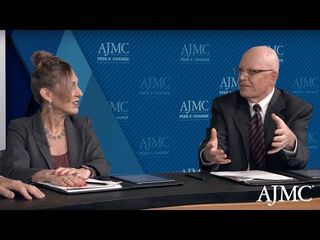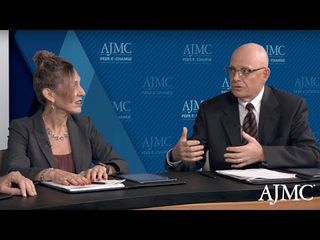
Clinical
Latest News
Latest Videos

More News

The study found that young patients with leukemia who have been vaccinated against the influenza virus are as susceptible to develop flu as their unvaccinated peers.

The study showed that using tumor mutation burden (TMB) can be beneficial for predicting patient response to the combination of 2 immuno-oncology therapies.
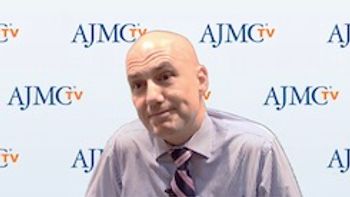
Compared with the trial results of EUCLID and PEGASUS, the COMPASS trial advances the field of cardiovascular disease in combination therapies, said John Eikelboom, MD, of McMaster University.


AJMC®TV interviews let you catch up on what’s new and important about changes in healthcare, with insights from key decision makers-from the clinician, to the health plan leader, to the regulator. When every minute in your day matters, AJMC®TV interviews keep you informed. Access the video clips at ajmc.com/interviews.

An update on the latest developments in the world of oncology care: product approvals, clinical developments, health policy changes, and more.

While many lung and bladder cancer patients respond well to immunotherapy, they eventually succumb to the disease because the immune system can not detect the cancer cells. Two clinical trials will combine immunotherapy with epigenetic agents in order to allow the immune system to recognize and destroy the cancer cells.

Evidence-Based OncologyTM sat down with Brandon R. Shank, PharmD, MPH, BCOP, clinical pharmacy specialist, Division of Pharmacy, The University of Texas MD Anderson Cancer Center, to understand a pharmacist's role in administering chimeric antigen receptor (CAR) T cells.


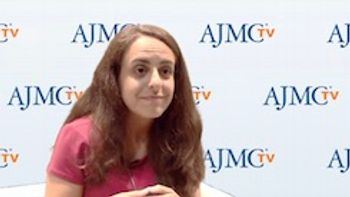
The effects of air pollution on heart health are well known now, and it can be an issue for people in both urban and rural areas of the United States, explained Jeanette Stingone, PhD, of Mount Sinai Health System.

Patients with stage III colon cancer with deficient DNA mismatch repair (MMR) genes who are treated with FOLFOX have a more favorable prognosis than those with proficient MMRs.

The American Journal of Managed Care® spoke with Jane L. Frederick, MD, FACOG, a reproductive endocrinologist and fertility specialist, about the changing landscape of cancer treatment, partnering with oncologists, and helping patients gain financial assistance for their fertility preservation and treatment.
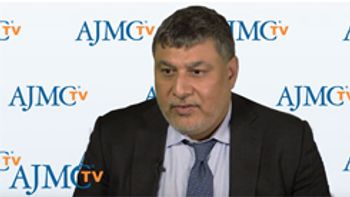
Naiyer A. Rizvi, MD, director of thoracic oncology and immunotherapeutics at Columbia University Medical Center discusses the effectiveness of PD-1 antibodies in lung cancer.

A new study highlights how the beliefs of surgeons and radiation oncologists influences radiotherapy use in early-stage breast cancer among older women.
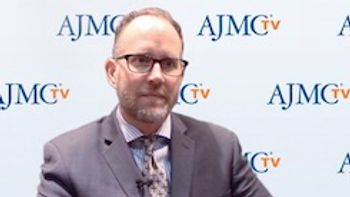
The American College of Cardiology (ACC) is entering into novel digital health partnerships to innovate cardiology care and improve cardiovascular health, explained John Rumsfeld, MD, PhD, chief innovation officer at the ACC.

A recent survey by The Leukemia & Lymphoma Society found that the majority of adults are surprised by the prevalence of blood cancers-specifically the prevalence of acute lymphocytic leukemia among children and young adults.

A new study in the journal BMJ concludes that most oncology drugs approved by the European Medicines Agency between 2009 and 2013 failed to display a benefit on survival or quality of life, even at 3.3 years following market entry.

A research study conducted in a mouse mammary cancer model has found that optimal timing, based on sequencing of immunotherapy agents, is important for treatment efficacy.

A new survey conducted by The Health Management Academy has identified a rapid investment by leading healthcare systems in precision medicine programs, with significant expectations of the impact of real-world outcomes on physician decision making.

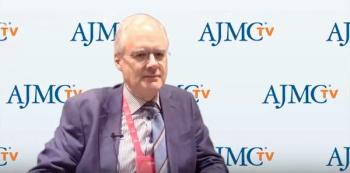
Current drugs for pulmonary hypertension treat 3 pathways, but currently there aren't any new drugs to treat different pathways, although there likely will be some in the future, said Simon Gibbs, MD, Reader in Pulmonary Hypertension at the National Heart and Lung Institute, Imperial College London.

Individuals who develop neutropenia are at higher risk of infection, and they should understand the symptoms to look for that might mean they need to seek urgent medical care, explained Ruben A. Mesa, MD, of the Mayo Clinic.

Intuniv, a once-daily non-stimulant from Shire and Shionogi for adults with attention-deficit/hyperactivity disorder, met its primary endpoint and showed a superior change from baseline compared with placebo in a phase 3 study.

October is breast cancer awareness month, and as September ended, a new treatment received the FDA’s approval for advanced breast cancer and another was granted priority review for the adjuvant treatment of early breast cancer.
